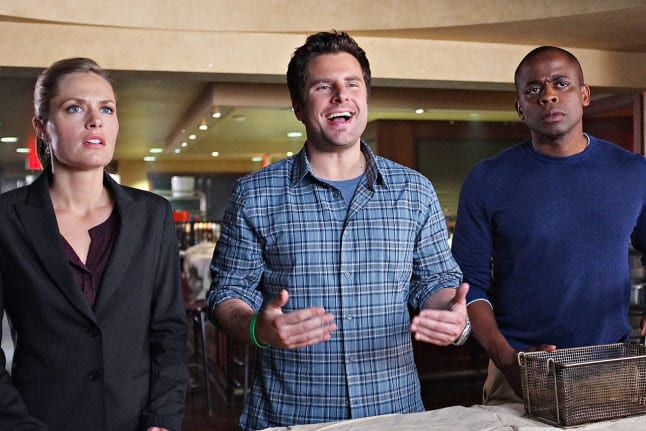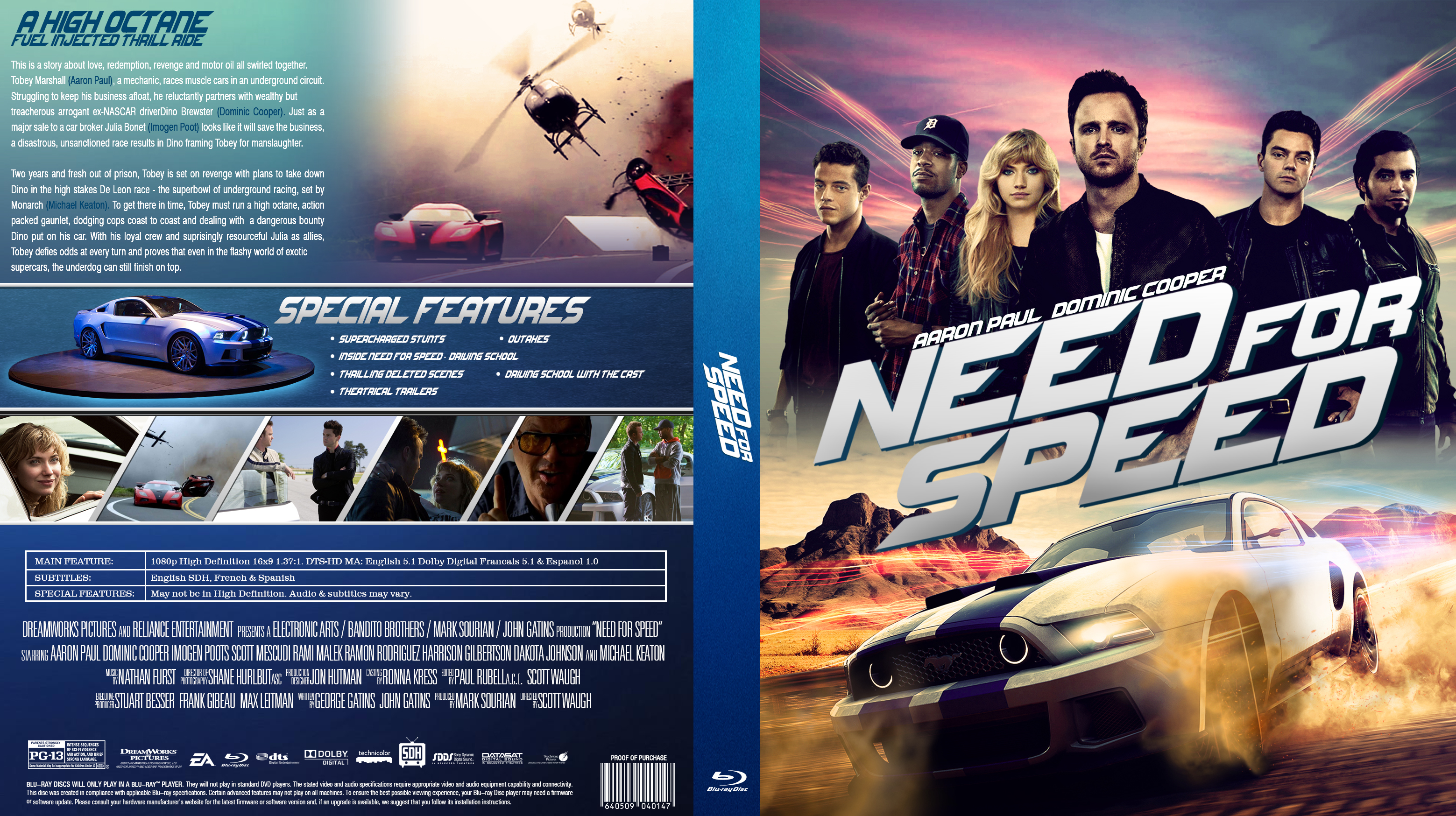

Every major action filmmaker (John McTiernan, Walter Hill, Renny Harlin, John Badham, Ridley Scott) was approached to direct, but they all declined. It was written in 1991 and originally set up at Paramount, where it was later sent into turnaround. Speed is no different, and the “what if” scenarios abound. In some alternate cinematic multiverse, there exist dozens of unrecognizable versions of most of your favorite movies. The wrong director or a miscast actor can do irreparable harm even to the best screenplay. Those forces create the ripple effects, large and small, that ultimately make or break every film. There will always be a certain amount of alchemy involved, too, as finding that perfect alignment of talent, material, and timing can be frustrating and elusive. Nobody sets out to make a bad movie, of course, but throughout all phases of development and production, from a film’s inception to its exhibition, the days, weeks, months, and years are fraught with opportunities for compromise, miscalculation, and imprecision. Twenty-three years after its release, Speed remains as thrilling as ever.
#NEED FOR SPEED 2 MOVIE 2017 RELEASE DATE FREE#
It’s as durable as just about any celebrated film of its era, action or otherwise, and a model of efficiency, blessedly free of the type of hackneyed melodrama that was so often a cheap stand-in for emotional depth in lesser action movies of the day. It’s a film that’s greater than the sum of its parts, and I don’t mean that as faint praise. The screenplay, written by Graham Yost (and an uncredited Joss Whedon), does the bare minimum in terms of fleshing out the narrative beyond its one-sentence premise-a madman has rigged a bus to explode if it drops below 50 mph-but there are few films as thin on character and story as Speed that are also as sensationally entertaining. It’s not especially original, it’s definitely not subtle, and it’s spectacularly unconcerned with any events beyond what’s happening moment to moment. Speed is the apotheosis of the high-concept film. The only goal of these movies is to appeal to as many people in as many places around the world as possible.

High-concept films are often derided- rightly -for their lack of nuance and subtlety, for the absence of interesting characters and originality, for their profit-driven and market-tested plotlines. They’re the types of movies where you can learn everything you need to know about them just by looking at their posters. These are projects designed to be easily, conveniently pitched and sold in a simple phrase or sentence. If we’re being completely honest, Jack is nothing more than a byproduct of a specific kind of Hollywood movie: the high-concept film. He’s a dedicated LAPD officer who just wants to do his job and save lives, to protect and to serve. His motivations remain straightforward and unambiguous, and he undergoes no major changes throughout the film. Like every character in Speed, director Jan De Bont’s debut feature, Jack Traven is not a complicated individual. He’s a man with no discernible vices, and we’re given precious little in the way of his backstory. He doesn’t have anger issues or a problem with authority. It’s never born out of hotheaded recklessness or self-destruction.

He can be impulsive at times, sure, but it’s always in the name of good. On paper, Jack Traven is a bit of a square.


 0 kommentar(er)
0 kommentar(er)
